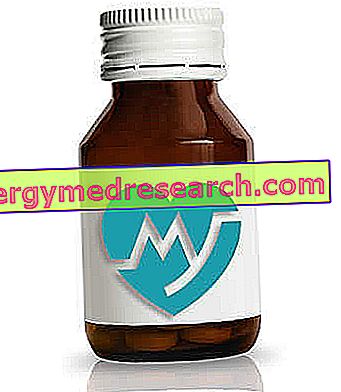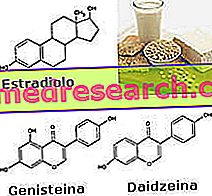Among domestic animals, the dog represents the one that more than others experiences liver problems. In this context, I take for granted the knowledge of the intrinsic structures and functions of the liver, as its exposition and description would cover a whole chapter.
Even in the case of dogs, the etiological factors are different and still not perfectly known, such as reactions to viruses, drugs, leptospirosis or the cumulative effect of environmental toxins.

The alteration of the immune response is a common feature of the disease. Different breeds of dogs appear to possess a genetic predisposition to develop a chronic inflammatory disease of the liver.
In veterinary, the cases of liver toxicity are therefore very frequent.
The liver changes that occur can be multiform and can be divided according to the type of injury; they can be degenerative and necrotic; in addition, chronic hepatitis with cirrhosis or steatosis can occur.
Cirrhosis can be defined as the final stage of a chronic progressive and irreversible disease of the liver, caused by different causes that can be viral or bacterial hepatitis, rather than environmental toxins or drugs.
Another pathology affecting the liver is steatosis, which is an intracytoplasmic accumulation of lipids that affects hepatocytes.
This accumulation can be physiological in the case of pregnancy or breastfeeding of ruminants, or pathological due to exogenous or endogenous toxicosis.
Importance of phytotherapy
In this case phytotherapy can be a valid aid to counteract, and in some way prevent, these problems in the liver, especially in older dogs and cats, perhaps affected by a certain degree of obesity.
Among the most used herbal remedies in the treatment of liver diseases we remind the extracts of milk thistle standardized in silymarin, those of boldo, curcuma and artichoke; we also use amino acids with a detoxifying action, such as glutamine, methionine and N-acetylcysteine, antioxidants such as selenium, coenzyme Q10, glutathione and lipoic acid, and vitamins important for liver health, such as vitamin B6, B12 and choline.



